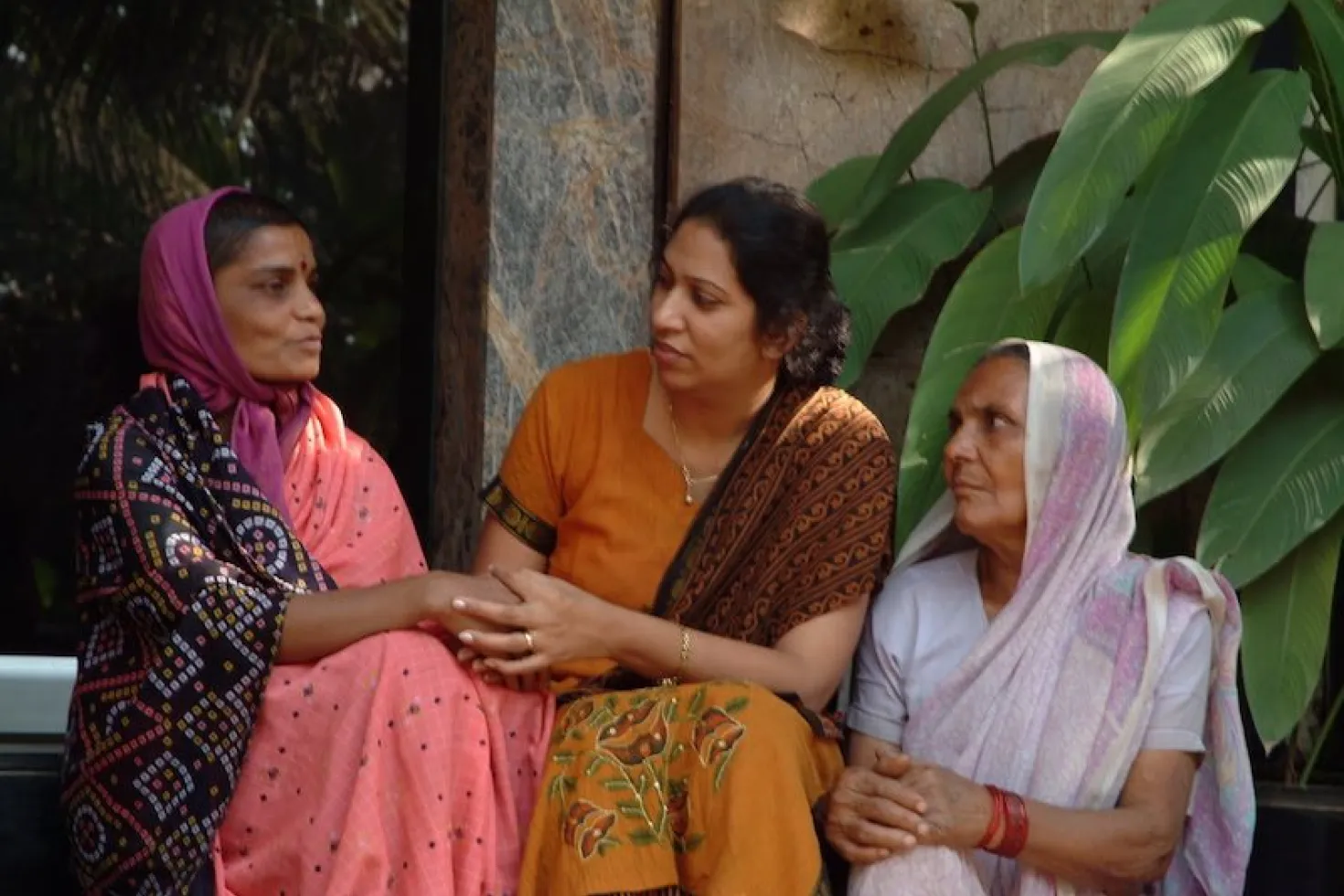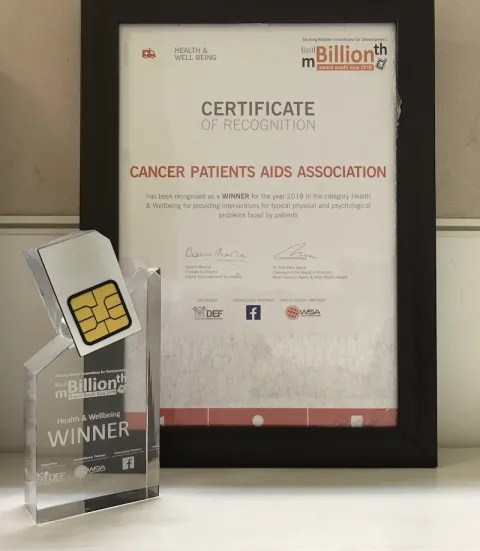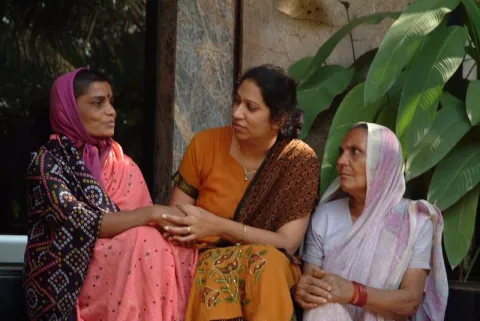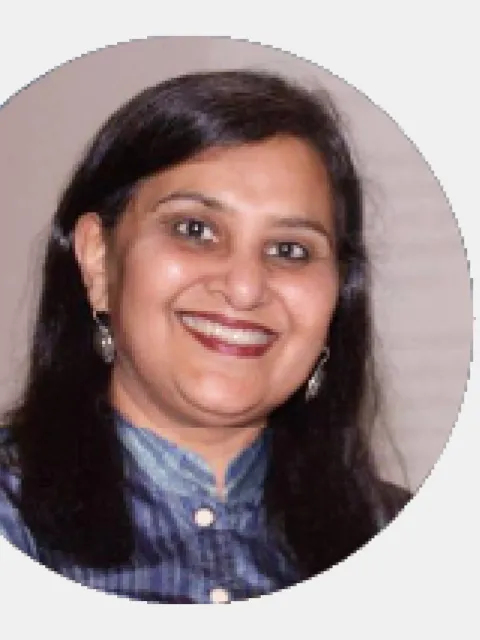Online support for Hindi-speaking metastatic breast cancer patients
-


Context
Breast cancer is the most common cancer in Indian cities and the second most common in rural areas, accounting for 25-32% of all female cancers.[1] The lack of awareness, absence of diagnostic facilities and low priority given to women’s health often results in late-stage diagnosis. Women are also at higher risk for recurrence after completion of treatment, incomplete or abandoned treatment. For these reasons, the number of women suffering from metastatic breast cancer (MBC) in India is increasing and their needs go largely unattended. By developing an online support group for these patients, the Cancer Patients Aid Association (CPAA) in Mumbai aims to strengthen the social, economic, psychological and spiritual support for Indian MBC patients, especially the Hindi-only speaking community.
CPAA is a 50-year-old NGO working towards the “total management of cancer”, which includes activities such as raising awareness, early detection, covering the cost of treatment through insurance and providing holistic care for cancer patients. In 2017, CPAA was one of the 20 organisations to win a SPARC grant to develop an online community for MBC patients to learn about disease management, interact with cancer professionals and connect with other patients.
Project description
While patients were willing to attend support group meetings whilst undergoing treatment, CPAA noticed that many of them were unable to participate when not undergoing their treatment. Given that most people in India today have a smartphone and internet connection, CPAA pilot tested online support groups and have then launched an audio series on MBC topics.
The first step in the project was to interview patients to identify their individual needs. This included physical, psychosocial, societal and economic individual assessments. After the interview, the patients were given relevant advice on stress reduction, diet, nutrition, lifestyle changes, exercise, mind-body practices like meditation and breathing techniques.

The second step was to assign the patients to a WhatsApp support group consisting of a doctor, a medical social worker, a psychologist from Adveka Foundation and other MBC patients. The psychologist leading the group suggested activities and facilitated conversations. In the WhatsApp group, solutions to frequently experienced problems were discussed amongst patients under the guidance of a qualified doctor. This is helpful for patients who find that they cannot share their fears and personal feelings with family members, parents or husbands. Based on piloting these online support groups, CPAA had enough insights on the needs of patients and experience on facilitating their conversations to design an app for MBC patients.
In 2018, CPAA received the mBillionth award in the category “health and wellbeing” for the work done through the SPARC project.
Impact
Three WhatsApp support groups were created including daily inputs on physical and psychosocial issues, and moderation of discussions. The groups were facilitated by breast cancer specialists and counselling psychologists from leading hospitals in India, including Tata Memorial Hospital. 100% of patients reported improved well-being from participating in the groups, as assessed by the quarterly surveys sent to patients. CPAA is currently aiming at reaching 600 MBC patients in Mumbai, Pune and Delhi through the online support groups.

During the WhatsApp support groups, the CPAA team found that there was only a 50% response rate to direct motivational questions (for instance “what is something you did today that made you feel happy?”). Furthermore, despite the use of aliases, it became clear that full anonymity was necessary for patients to feel comfortable sharing. For this reason, among others, they decided that WhatsApp was not optimal for implementing the project on a larger scale.
As a result, and based on patients’ feedback, an app for MBC patients was created in Hindi in order to reach as many Indian MBC patients as possible. This app, available on Android phones, is called “Hum TuM Aur Cancer” (you, me and cancer) and contains audio clips covering the main topics brought up by the patients. MBC patients from all over India, as well as Hindi-speaking patients outside of India, are now using this app.
More
- Organization website: CPAA
- Facebook page: CPAA INDIA (Cancer Patients Aid Association)
References
[1] Breast Cancer India. 2020. Accessed 03 Feb 2020. http://www.breastcancerindia.net/statistics/trends.html
(Information from the project description and context is compiled from the SPARC reports)
Last update
Friday 08 September 2023